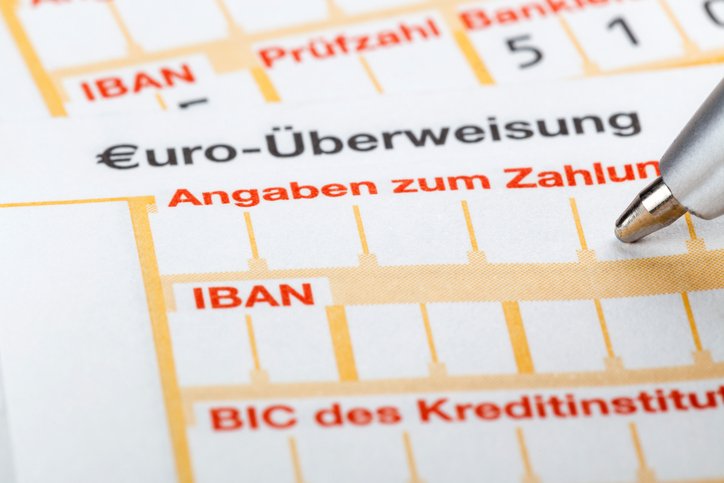Did you know that every year, we pay more than 55 million in business to business direct debits? Even more reason to start using this method to ensure you are paid on time. This is important in any sector, but even more so in education. Let’s find out why!
Imagine having finally set up your tutoring business or an after-school sports club with wholly positive expectations to be able to inspire and motivate children to only find out that you start having a cashflow problem. One week it’s a forgotten wallet, then it’s ‘I’ll write you a check next time’ or ‘Oh, I thought I paid for the month’. You may even hear complaints that your services are too expensive!
It’s not uncommon for businesses to just give up and quit the economy. There must be something better.
This is where payment by direct debit comes in as the solution to all these problems. From private tuition to secondary schools and nurseries, from sports clubs to academies and boarding schools – payment by direct debit makes it easy and transparent for parents to pay and for the organisation to receive the payment as soon as possible and with no problems or extortionate fees.
Benefits
Flexible payments:
Hourly, weekly, monthly – we have it covered. This degree of flexibility, coupled with our dedicated team’s efforts makes it easy for the parents to keep track of their finances whilst staying on top of household bills.
Cost-effective for businesses
Cuts in administrative costs that would normally arise from cash and cheque payments, DD solutions are also cheaper per transaction than debit and credit card payments.
More secure
Direct Debit Guarantee for a peace of mind.
Fast to set up
Gone are the times when you had to sign everything on paper. Providing the opportunity for parents to sign up online would make it a breeze. From a business perspective, it makes it easy to do accounting and analysis of payments.
When used in promotions, it’s been proven that direct debit can nearly double the conversion rate
and it helps to retain customers loyalty, which can give you a competitive advantage over other tutoring businesses for example.
DFC and the educational sector
DFC offers Revenue Management Solutions for in the Education & Childcare sector. Find out more about DFC and get in touch.



